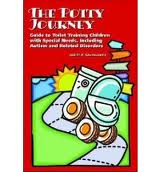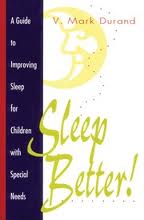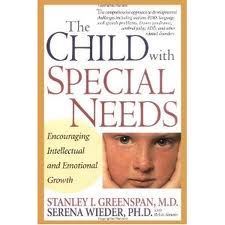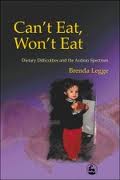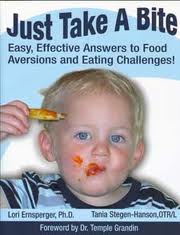 Toilet Training Success: A Guide for Teaching Individuals with Developmental Disabilities by Frank Cicero.
Toilet Training Success: A Guide for Teaching Individuals with Developmental Disabilities by Frank Cicero.
(XDE Cicer 2012)
This book, designed for both parents and professionals, introduces the reader to effective toilet training interventions for individuals with developmental disabilities. Topics discussed include urination training, bowel training, increasing requesting, and overnight training. Questions such as when to begin, how to use positive reinforcement, collect data and conduct necessary assessments prior to training are examples of just a few of the questions that the author addresses. The plans and procedures presented are applicable to a wide range of developmental disabilities and age ranges.
If available, item can be checked out from the resource room at no cost.

